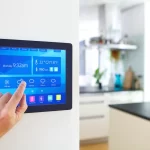Introduction
Welcome to a comprehensive look at the next big thing in technology—Smart Home Innovations. Whether you are a tech enthusiast, a homeowner looking to modernize, or an investor eyeing the next unicorn startup, this guide is tailor-made for you. Buckle up for an insightful tour of what’s shaping the smart home industry.
Table of Contents
Smart Home Innovations: What’s Next?
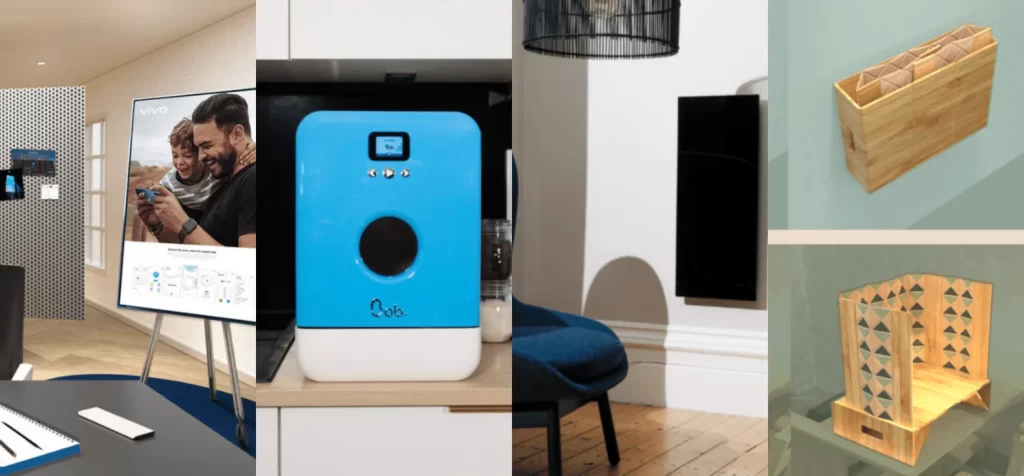
Let’s cut to the chase: what does the future have in store for smart homes? Well, envision a home that anticipates your needs, a sanctuary that you can control with your voice Smart Home Innovations or even your thoughts. Imagine the unparalleled security, energy efficiency, and sheer convenience that futuristic homes promise. We are transitioning from automated to intelligent homes, so let’s delve into the groundbreaking technologies that are making this possible.
The Current State of Smart Homes
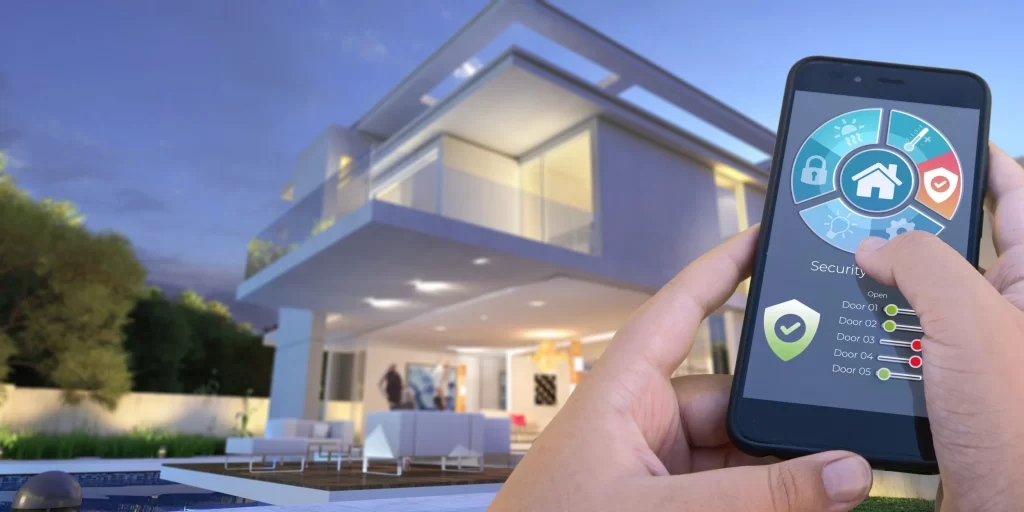
History and Evolution
Remember the days of clap-on, clap-off lights? They were considered revolutionary back then. Fast forward a few decades, and we have homes that can do so much more. Statista reports a global smart home market size of $77.3 billion in 2021, showing how far we’ve come.
Market Trends
A bird’s eye view of Smart Home Innovations market trends reveals more homes embracing automation, particularly in developed countries. The post-pandemic world has accelerated the adoption rate, with work-from-home dynamics making smart homes more of a necessity than a luxury.
Technologies Driving Smart Homes

IoT (Internet of Things)
IoT is the backbone of any smart home, allowing different devices to communicate with each other. Think of it as a well-orchestrated symphony Smart Home Innovations where every instrument has its part to play. The next iteration of IoT promises to bring even more gadgets under its umbrella.
AI (Artificial Intelligence)
If IoT is the backbone, AI is the brain. From understanding voice commands to making predictive decisions, AI enhances the functionality of smart homes. Experts suggest that AI algorithms will become more refined, making your smart home experience smoother than ever.
Blockchain
This technology, renowned for its role in cryptocurrencies, is set to make smart homes more secure and transparent. Blockchain ensures that all data transactions within your Smart Home Innovations network are immutable and decentralized, adding an extra layer of security.
Power Management

Energy Efficiency
Energy-efficient smart homes are not just a trend but a necessity in the fight against climate change. Innovations like smart thermostats and LED lighting Smart Home Innovations systems contribute to lower energy consumption, saving you money while saving the planet.
Solar Solutions
The future looks bright with the integration of solar solutions in smart homes. Imagine solar tiles that can generate electricity and smart grids that can sell excess energy back to the grid.
Home Security Innovations
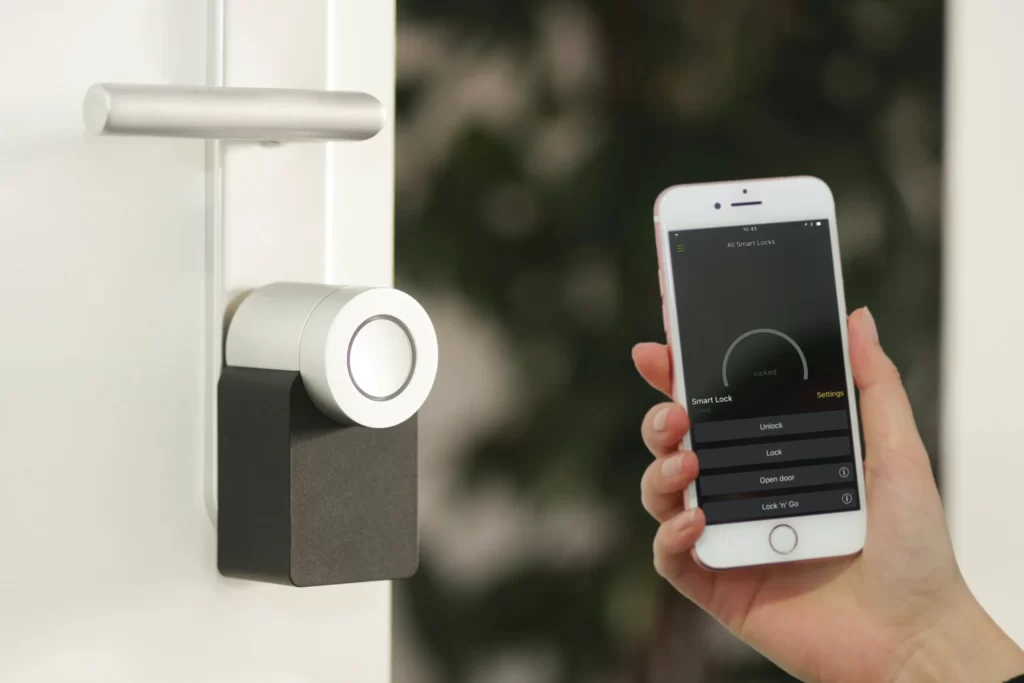
Facial Recognition
Step into a home that recognizes you—literally. Facial Smart Home Innovations recognition technology is set to become more prevalent in home security systems, offering a robust, yet convenient, security measure. Gone are the days of fumbling for keys; your face is your passport.
Drone Surveillance
Forget conventional CCTV cameras; the future is aerial. Drone technology could soon monitor your home’s perimeter, offering real-time surveillance footage and even neutralizing threats through non-lethal means.
Connectivity

5G and Beyond
With 5G rolling out, the possibilities for smart homes are endless. Faster and more reliable connections will give rise to more data-intensive applications, further enhancing your smart home experience.
WiFi 6
The rollout of WiFi 6 promises to revolutionize in-home connectivity, enabling faster data transfer and supporting more devices. It’s all about getting smarter and faster, folks.
Voice Assistants
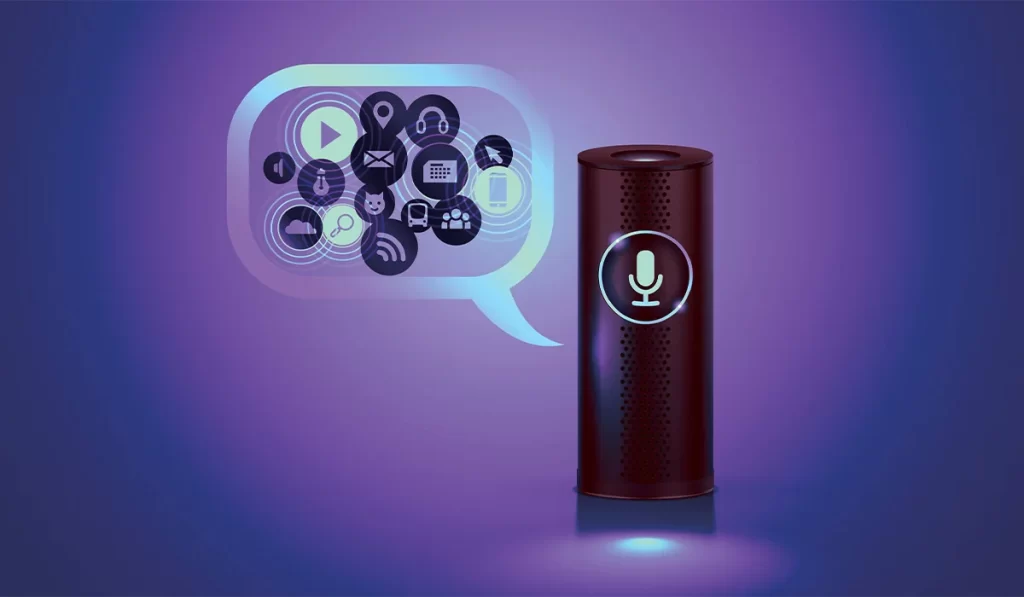
Alexa
Amazon’s Alexa has been a game-changer in home automation. Expect Alexa to become even more intelligent, with better conversational capabilities and integration with a broader range of devices.
Google Assistant
Google isn’t far behind with its Assistant. The future may see Smart Home Innovations Google Assistant predicting your needs based on your calendar, emails, and other personal data. Creepy or convenient? You decide.
Siri
Apple’s Siri is playing catch-up but has the advantage of seamless integration with iOS devices. Rumors suggest that future versions of Siri will offer more personalized experiences based on individual household members’ preferences.
The Kitchen of the Future

Smart Appliances
From smart fridges that notify you when you’re low on milk, to ovens that can cook your Smart Home Innovations meal to perfection, the kitchen is becoming a technological marvel. And this is just the tip of the iceberg.
Food Management
Forget meal prep; your future smart home will manage your food for you. Smart pantries and refrigerators will keep track of expiration dates and Smart Home Innovations even suggest recipes based on available ingredients.
Automated Cleaning
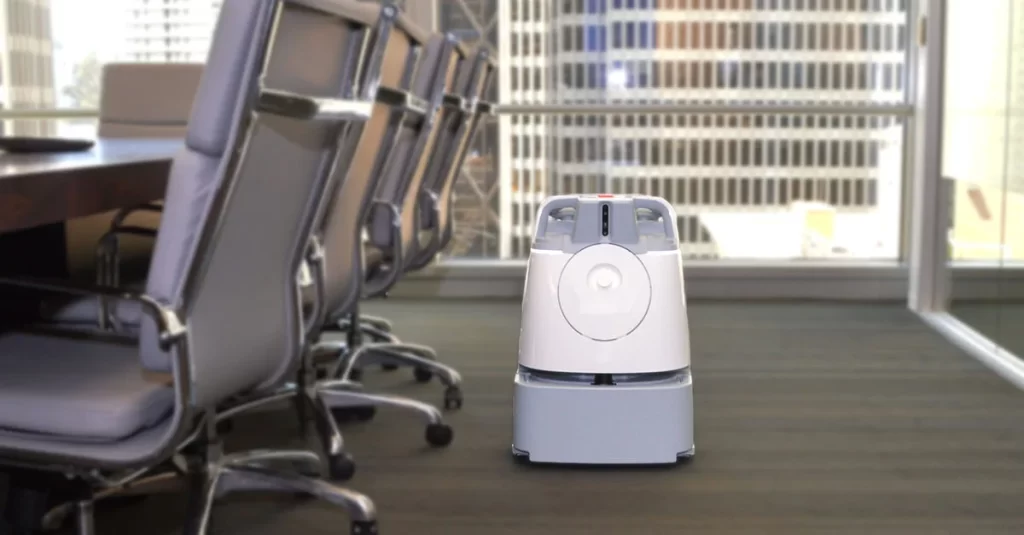
Robotic Vacuums
Cleaning is becoming less of a chore with robotic vacuums that can navigate through your home. The future versions will be able to differentiate between surfaces, offering custom cleaning solutions.
Smart Trash Cans
Even waste management is getting smarter. Future smart trash cans will sort your waste for you, making recycling easier than ever.
Smart Furniture
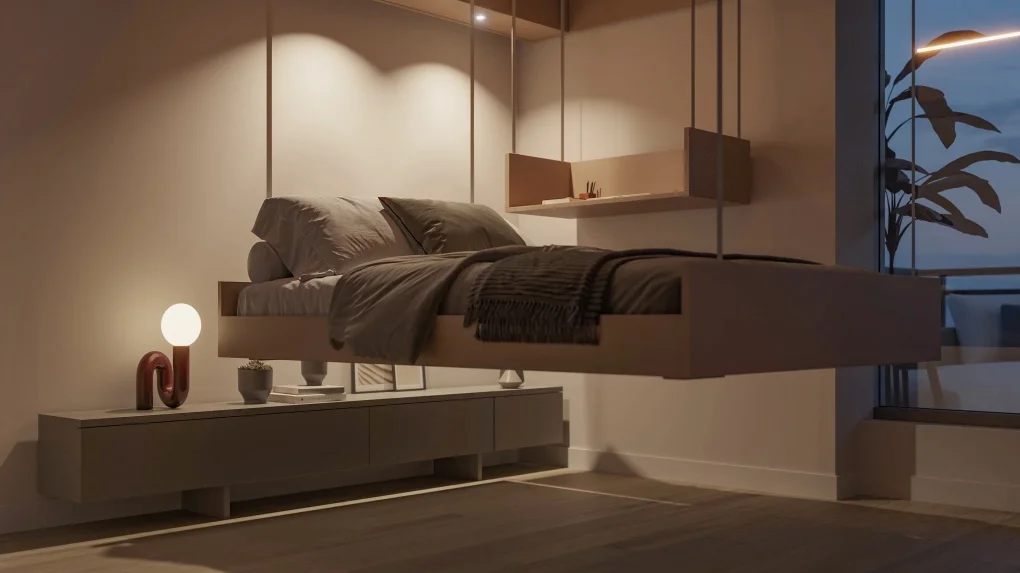
Adjustable Beds
Imagine a bed that adjusts its firmness based on your sleep pattern. Sleep technology is an emerging market, with smart beds set to Smart Home Innovations redefine our sleep experience.
Modular Couches
Future living rooms will feature modular couches that can change shape based on your needs. Movie night or a dinner party, your furniture will adapt accordingly.
Health and Wellness

Air Quality Monitors
Indoor air quality is a critical aspect of wellness. Future smart homes will have advanced air quality monitors that adjust settings to ensure you’re breathing clean, purified air.
Sleep Trackers
Sleep trackers integrated into your bed will monitor your sleep patterns and adjust room conditions for optimal rest.
Home Entertainment
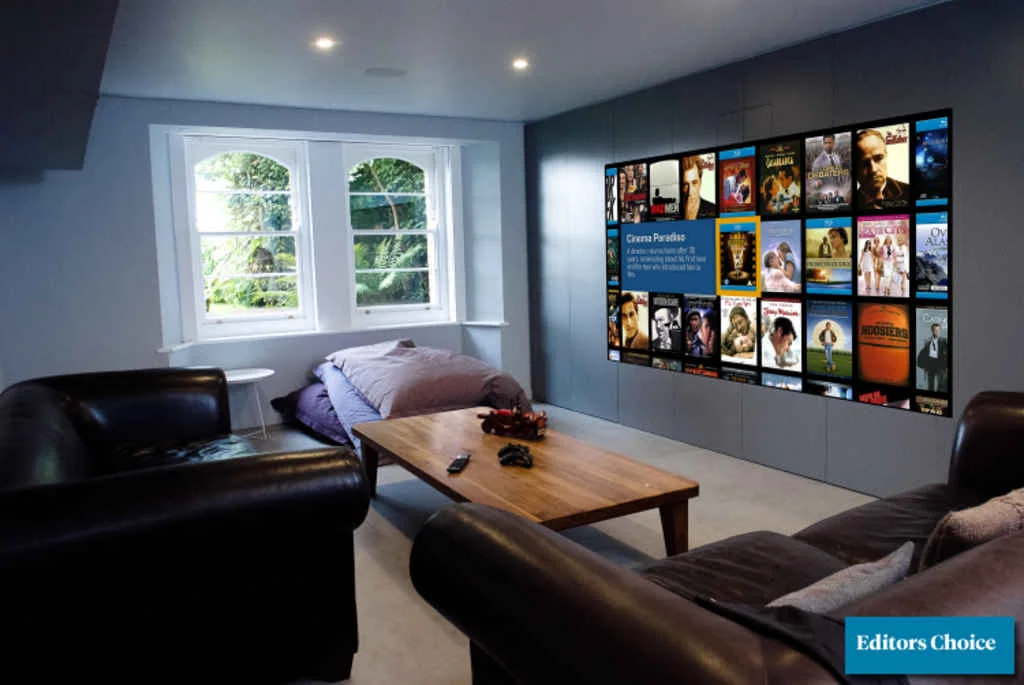
Virtual Reality
The future of home entertainment is immersive. Virtual reality will bring cinema-like experiences to your living room, transporting you to different worlds at the click of a button.
AI-Based Algorithms
Smart TVs and streaming services will employ Smart Home Innovations advanced algorithms to curate content specifically tailored to your preferences, taking binge-watching to a whole new level.
Kids and Smart Homes

Educational Apps
Smart homes will play a role in your child’s education. Educational apps integrated into smart systems will offer a more interactive learning experience.
Safety Measures
From baby monitors to internet filters, smart homes will offer advanced safety measures to protect your little ones.
Pet Care

Automated Feeders
Never worry about feeding your pets again. Automated feeders will take care of your furry friends, ensuring they’re well-fed even when you’re not around.
GPS Trackers
GPS trackers for pets are becoming increasingly accurate and offer real-time location tracking. Never lose sight of your adventurous four-legged friend.
DIY vs. Professional Setup
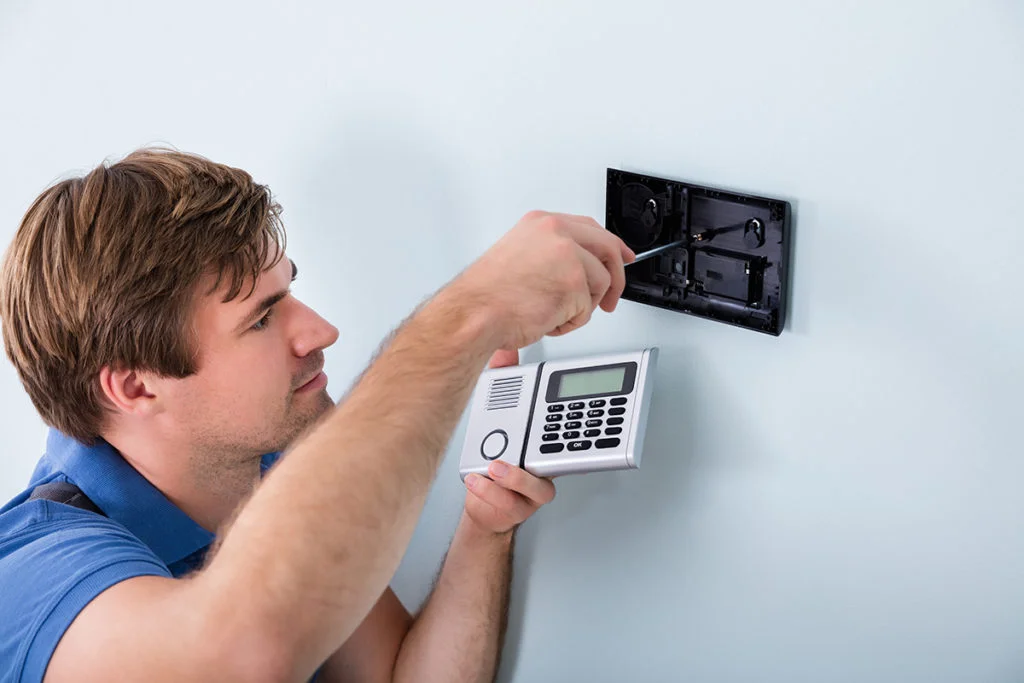
Cost Analysis
Setting up a smart home can either be a DIY project or a professional undertaking. Each has its pros and cons, and future innovations will make both options more accessible and affordable.
Time and Effort
Time is money, and setting up a smart home takes time. Future smart home setups aim to be more user-friendly, reducing the time and effort needed for installation.
Privacy Concerns

Data Security
As smart homes collect more data, the question of data security becomes paramount. Expect future systems to come with advanced encryption and security measures.
Government Regulations
With increasing data collection, there’s a need for stringent government regulations. How these policies evolve will play a significant role in the future of smart homes.
Environmental Impact
Sustainability
The future of smart homes is green. With increasing Smart Home Innovations awareness about climate change, expect future smart homes to be more sustainable and eco-friendly.
Recycling
The downside of technology is e-waste. Future smart home devices will be designed with recyclability in mind, making it easier for you to dispose of old gadgets responsibly.
Future Predictions
Virtual Realities
The blending of virtual and physical realities is the next frontier in smart home technology. Augmented reality interfaces could soon become a common feature in smart homes.
Self-Sufficient Homes
Future smart homes could Smart Home Innovations become self-sufficient, generating their own energy, recycling waste, and even growing food in automated gardens.
Investment Opportunities

Startup Innovations
For those looking to invest, startup companies are continually pushing the envelope in smart home technology. Whether it’s AI-powered appliances or innovative energy solutions, there’s no shortage of investment opportunities.
Blue-Chip Companies
Big tech firms like Google, Apple, and Amazon are major players in the smart home arena. Investing in these blue-chip companies offers a less risky, yet still promising, opportunity.
Global Impact
Developing Countries
Smart home technology is not just for the developed world. Innovations are making these systems more affordable, allowing developing countries Smart Home Innovations to leapfrog to modern home solutions.
Urban vs. Rural
While cities have been the early adopters of smart home technology, rural areas are catching up, thanks to innovations that cater to their specific needs.
The Ethical Side of Smart Homes
Accessibility
Accessibility is a concern that smart home technology aims to address. Future innovations will make smart homes more accessible to Smart Home Innovations people with disabilities.
Discrimination
As smart home systems become more intelligent, there’s a risk of algorithms inheriting societal biases. Ethical considerations will become more critical in the development of smart home technologies.
Summary and Conclusions
We are on the cusp of a revolution in how we live, thanks to the rapid advancements in smart home innovations. From unparalleled security to ultra-efficient power management, the smart home of the future promises a life of unprecedented convenience and comfort. As we step into this brave new world, it’s essential to be aware and prepared for what’s coming next.
FAQs
What is a Smart Home?
A smart home is a living space equipped with interconnected devices that can be controlled remotely via smartphones or computers.
How Do Smart Homes Work?
Smart homes work through a network of devices connected via WiFi, Bluetooth, or other communication technologies, managed through a central hub or app.
Are Smart Homes Safe?
While smart homes offer advanced security features, they are not entirely risk-free. Always ensure your devices and network are secure.
What are the Advantages of Smart Homes?
Smart homes offer several benefits, including convenience, energy efficiency, and enhanced security.
Can I Make My Existing Home Smart?
Yes, you can retrofit smart devices into your existing home setup without any major renovations.
Is Investing in Smart Home Technology Worth it?
For most people, the advantages of smart home technology outweigh the initial costs, especially when you consider the long-term savings and benefits.
Conclusion
We have reached a defining moment in the history of residential living. It’s an exciting time to be alive and experience these innovations firsthand. As we continue to integrate technology into every facet of our lives, the smart home is becoming less of a concept and more of a reality. So, are you ready for what’s next in smart home innovations?


